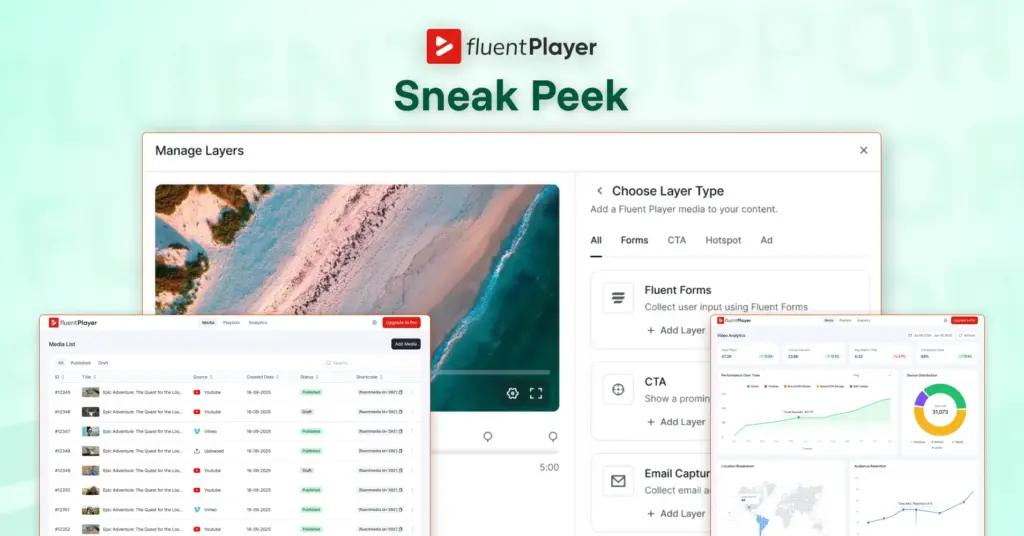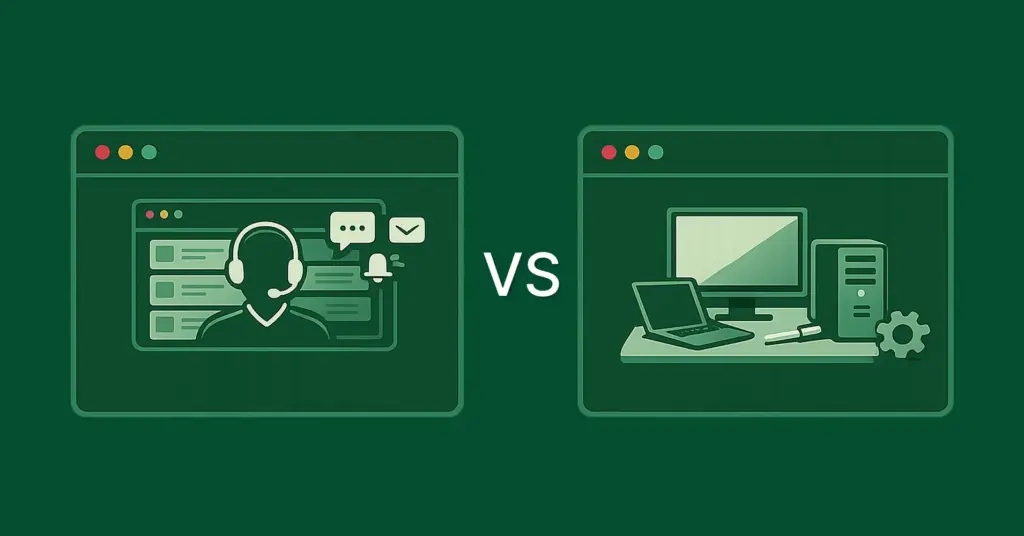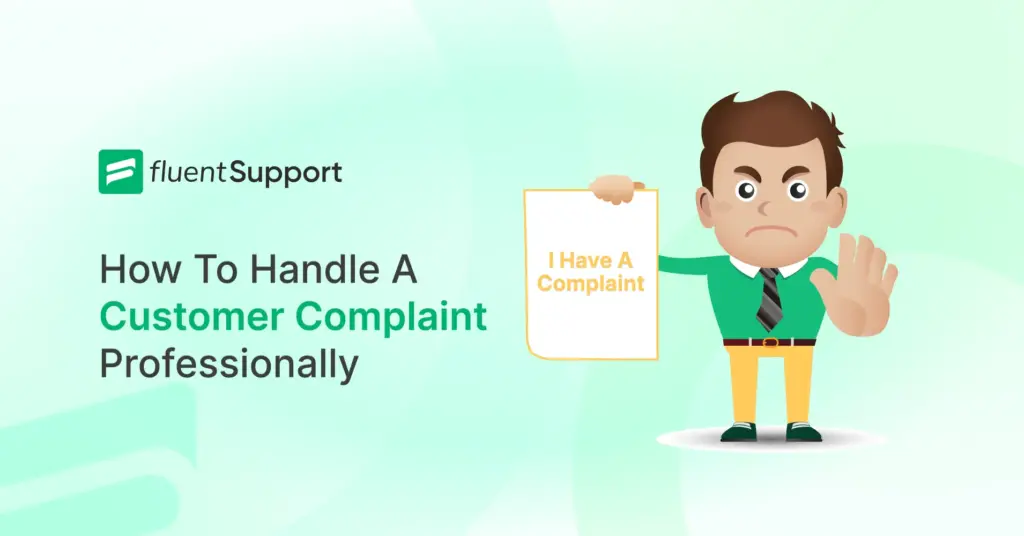
Happy Holidays vs. Merry Christmas: To Greet or Not to Greet!
By Rasel Siddiqe
December 20, 2023
Last Modified: November 13, 2025
Every customer interaction starts or ends with a greeting. You can call greetings a staple part of any support interaction. Even though it may seem mind-boggling, Christmas greetings have become a minefield for businesses.
The rhetoric is simple, if you consider it at face value. Christmas is the biggest celebration in Western culture. So, to add personalization, businesses try to engage customers by incorporating the holiday spirit. Given that, it only makes sense to use “Merry Christmas” to greet customers. This holds true whether it’s a store, a website or a support ticket.
And yet, the debate of “Merry Christmas” vs. “Happy Holidays” is one that’s been concerning businesses across the US and EU for nearly a decade. Let’s put that debate to rest….. at least for your business!
Happy Holidays vs Merry Christmas
As Western businesses increasingly began to serve non-Christian customers it became quite evident that using “Merry Christmas” had a negative impact on customer engagement. At one point, companies started noticing that the same message that engaged customers of one faith was dissociating customers of another.
The reality is pretty evident in this opinion piece by NBC News!
The person most likely to insist on “Merry Christmas” would be a Republican man over 60 who lives in the Midwest; the archetypal “Happy Holidays” proponent is a young (18 to 29) female Democrat living in the Northeast.
NBC News
In the UK, the proportions are similar although the lines are drawn with different colors.
Interestingly, the social struggle over “Merry Christmas” isn’t limited to this side of the Atlantic. It is one that also plays out in Britain, though for different reasons. There, the divide is between classes.
NBC News
Most businesses, being the machinations of never-ending change they are, started to opt for the safer option of “Happy Holidays”. It is a safer option because for one, the holidays are true no matter the faith or political alignment, but second and most importantly, it isn’t confined to a specific religious tradition.
Complications still persist
From a marketing and sales perspective, the situation is borderline terrifying. One campaign or sales module with “Merry Christmas” will earn you instant backlash on Social Media.
For customer support and service, this is equally true. But is saying the safer option always the best course of action for your business?
Well yes, and no!
As the article by NBC highlights, the greeting itself isn’t the issue of contention anymore. Rather, it’s a badge of political alignment rather than a mode of customer engagement. So, how do you as a business, choose between cultural heritage, political alignment, and business priorities?
That’s the part I want to help you navigate.
To greet or not to greet
For a business, navigating this issue successfully will depend on how you answer the following questions. Your answers will determine exactly how you should handle this. Bear in mind though, I’m not saying there’s only one “correct” way to handle this. Only you can decide that.
What’s your customer demography?
First thing to obviously consider is who your customers are. This information includes age, gender, geographic location, and cultural differences.
For instance, if your business serves Gen-X living outside of California, New Jersey and Florida, “Merry Christmas” is the way to go. But if the group is Gen-Z living in San Francisco, “Happy Holidays” just makes more sense.
Look at your customers and find the data that points to their affiliations, expectations, and priorities.
What’s your brand identity?
Your brand identity is the second part of the decision-making process. What your brand portrays is a constraint on what you can and can’t say.
For instance, if yours is a traditional business working to preserve a specific heritage or cultural practice, it’s most likely that your branding aligns more with conservative priorities.
On the flip side, if your brand is all about an inclusive mindset and global presence, your messaging needs to align with that globalized ideology. In which case, “Happy Holidays” should be your answer.
What are your business values?
Lastly, you need to consider your business values. To narrow it down, how your business values accommodate (or refuse to accommodate) ideological backlash, political correctness, and customer sentiment.
If your business values prioritize customer opinions and social outcomes, going for the more inclusive greeting will help you keep your values intact without compromising your image.
On the contrary, if your business values are based on preserving cultural identity, you should stick to that without considering any other factor. As a business, your values are way more important than anything that’s said on social media.
Wrapping up
I didn’t write this piece to make a point on what’s the best way to greet your customers during Christmas. Or, to share my own opinion. I wanted to explore the issue from an objective business perspective. Hence, instead of just giving you the “right” and the “wrong”, I’ve tried to give you the tools to make the call for yourself.
The only opinion I do want to share though, is that businesses mean more than the sum of their parts. As long as you keep true to your customers, your values, and your brand decisions, backlash – no matter from which side they come from, can only do harm in the short term. The long game will always be yours.
Until next time, happy serving!
Happy Holidays and Merry Christmas – FAQ
Start off with a powerful ticketing system that delivers smooth collaboration right out of the box.












Leave a Reply